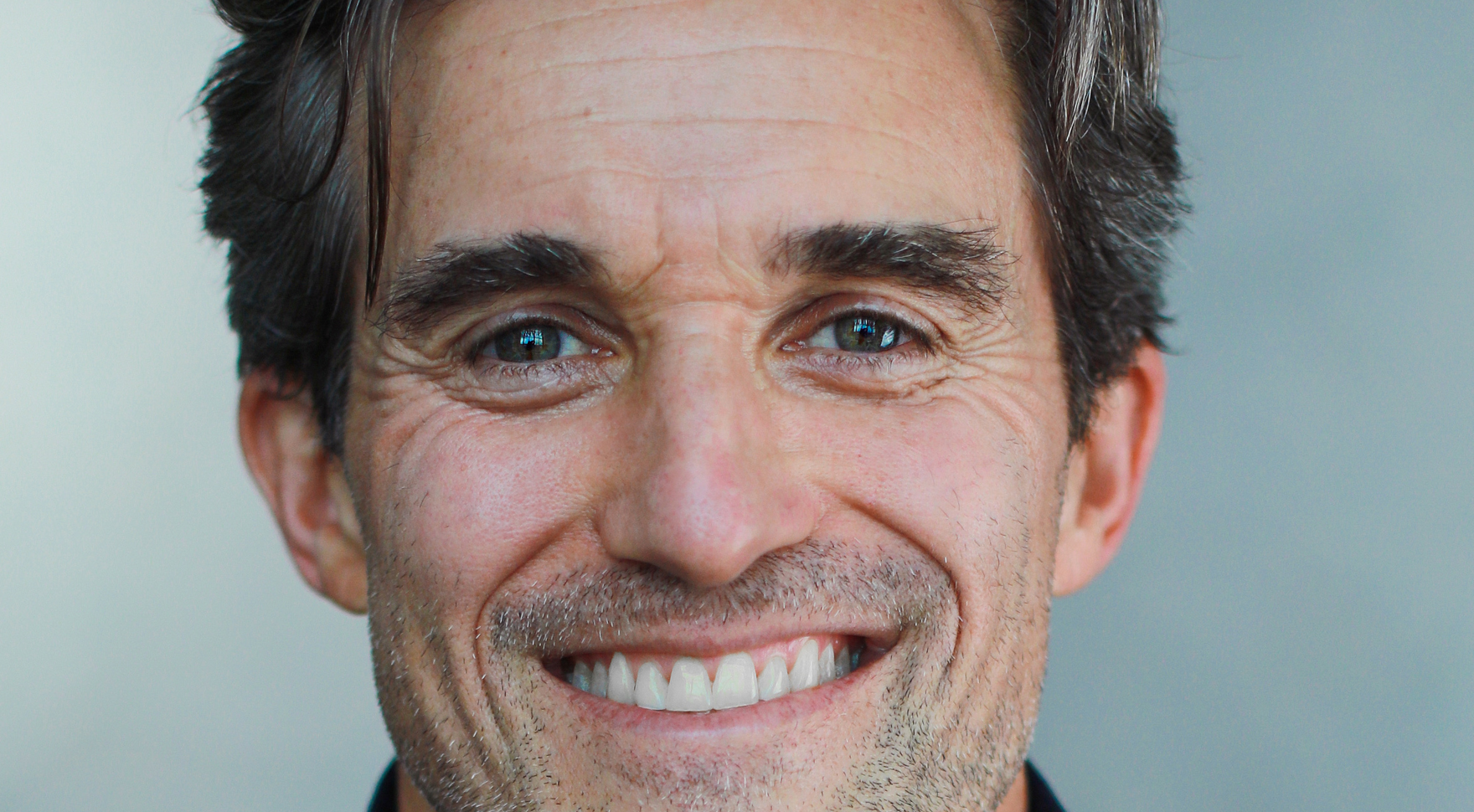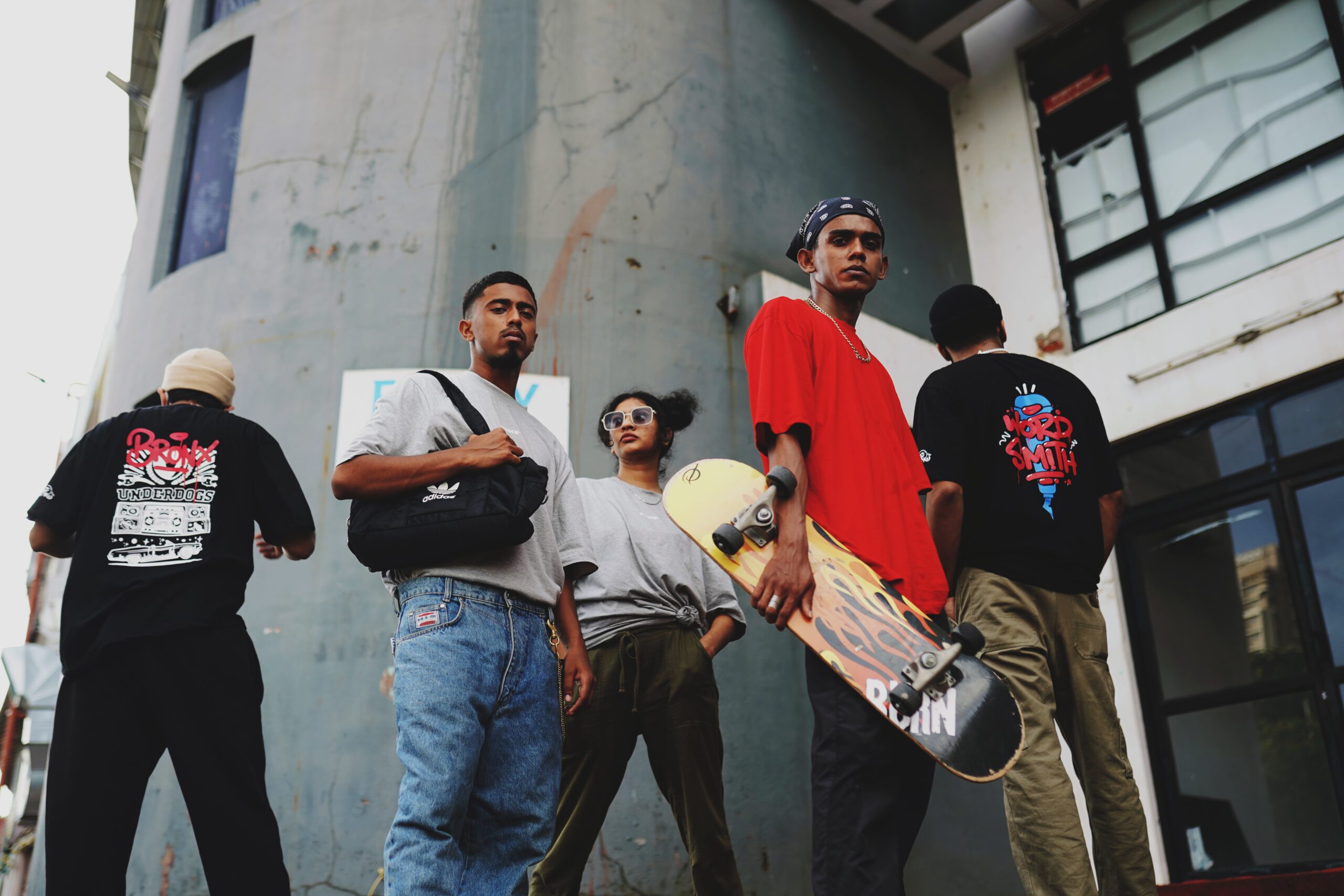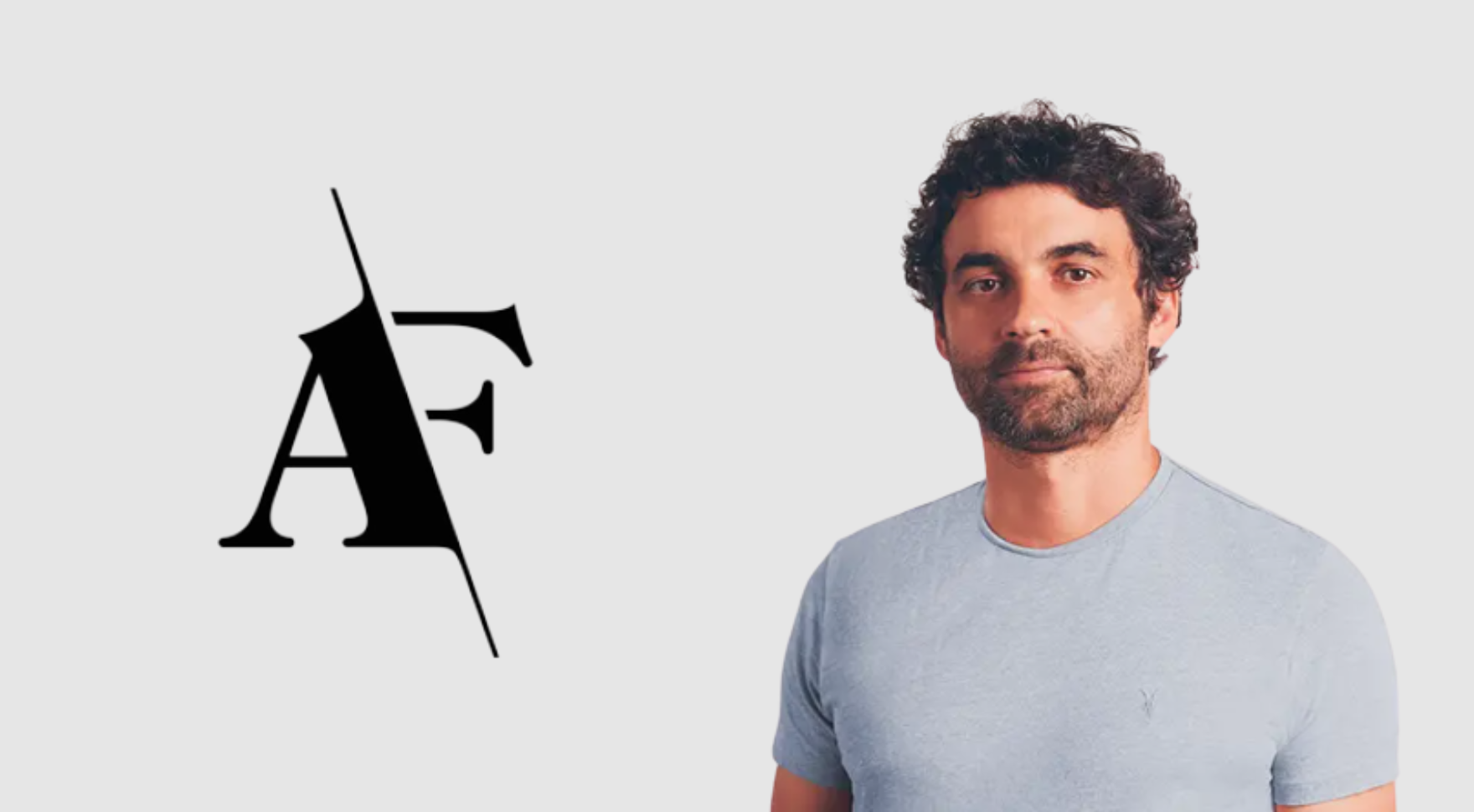
This year’s top 10 most controversial adverts from around the world (so far!)
28th Sep 2018
In line with our series focusing on controversial advertising using politics, gender equality and religion, we’ve rounded up a selection of tacky and sometimes questionable local and international advertising campaigns released in 2018.
May 2018: Super Dickmann
Intending to benefit from the Royal Wedding trend, German sweets firm Super Dickmann’s posted an image of a chocolate-covered marshmallow in a bridal dress on the day of the Royal wedding on their Facebook account. The picture also featured a tagline reading ‘A foam in white’, while the caption associated to the post read ‘What are you looking at… Don’t you too by any chance want to be Meghan today?’. The post drew wrath from Facebook and Twitter users who called the image racist. Following the bashing, Super Dickmann’s removed the post and issued an apology stating that the brand is ‘far from racist’.
June 2018: Burger King
The Russian branch of famous fast food restaurant Burger King recently came under the limelight for a campaign it led on its VK account. The campaign consisted of an offer from the chain to provide a lifetime supply of Whoppers (Burger King’s signature burger) to women who managed to be impregnated by World Cup players. The move reportedly aimed at ensuring that Russia would have ‘the best football genes’ and ‘ensure the success of the Russian team for generations to come.’ The ad was quickly reported as disparaging and sexist by social media users and was taken down by the chain, which apologised for a ‘clearly offensive promotion’.
March 2018: Heineken
Following the rise of the low and no-alcohol trend, Heineken recently marketed a brand new alcohol-free beer. In order to promote ‘Heineken Light’, the brewer also released a campaign dubbed ‘sometimes, lighter is better’. The campaign was rolled-out in Europe first, and then in the US. Though the ad didn’t receive negative feedback in the European market, American viewers perceived the ad as being racist.
March 2018: Sportsbet
A television advertisement from Australian bookmaker Sportsbet made the headlines Down Under. Depicting a man grooming his genital region before being interrupted by a voiceover promoting one of the bookmaker’s promotions, the ad certainly enraged many viewers who complained to the country’s advertising watchdog. After receiving 792 complaints, the body banned the commercial as it portrayed inappropriate nudity that could be seen by children.
February 2018: iSelect
But that wasn’t the only TV commercial to attract a lot of negative attention. Insurance company iSelect rolled-out a TV spot picturing a woman angrily breaking a piñata shaped like the Easter Bunny in front of a group of children. Deemed violent, the commercial drew 715 complaints from the public and received reprimands from the Australian Advertising Watchdog.
January 2018: Manix
Condom brand Manix released an OOH campaign displayed in the Parisian underground. The advert, which featured an interracial couple, was quickly pegged as racist because the white woman was posed in a ‘position of power’, with her hand resting on the black man’s head. Additionally, the tagline, which read “Dare to be closer”, was widely criticised, as many felt it implied that consumers could ‘finally’ have safe intercourse with people from other racial groups.
April 2018: Ministerio de Sanidad e Igualdad
The Spanish Ministry in charge of Health and Equality released an OOH campaign aiming to raise awareness on the issue of alcohol consumption among underage girls and the tragic implications this behaviour could have. The poster consisted of a woman’s face and impactful lines reading: ‘68.2% of underage girls have drunk alcohol over the past month. Following this consumption, a greater number of unprotected or unwanted sexual intercourse has been observed’. Many have denounced this official campaign for putting the blame of rape on women’s behaviour. The campaign has been described as the ‘Worst commercial of the year’ by FACUA.
April 2018: Nestlé
Surfing the wave of reality show popularity, Nestlé Morocco released its own show to promote its very own products. Dubbed ‘Baghintzewej’, the show gathered five women willing to compete against each other in various trials – among which was a cooking challenge – to win the heart of a successful young man. Nestlé Morocco was not, however, ready for the backlash the show received on social media, with people denouncing the brand for demeaning and humiliating women and presenting an archaic view of the Moroccan woman. Nestlé Morocco eventually removed the show from its channels and issued an apology.
May 2018: TyC
Ahead of the 2018 FIFA World Cup, Argentinian sports channel TyC Sports aired a TV commercial mocking President Vladimir Putin’s ‘gay propaganda’ ban. The video spot depicted fans’ reactions to typical situations like a goal celebration or crying over losing a game. A voiceover can be heard alongside these images, addressing President Putin and telling him ‘[…] if love among men is a disease for you, then we are very sick. And you know what? It’s contagious.’ The commercial aimed to support the LGBT community’, but ultimately, it was poorly received, with many criticising the spot for being insensitive and homophobic.
June 2018: Vale Bru
Eksom wasn’t the only brand to launch a controversial campaign in South Africa. Craft beer brewer Vale Bru was recently slammed for the campaign released for their new line of craft beers. Outrageously labelled ‘Filthy Brunette’‚ ‘Easy Blonde’‚ ‘Raven Porra’ and ‘Ripe Redhead’, the beers were advertised on social media with taglines each more inappropriate than the last, such as ‘All your friends have already had her.’ Note that some posts included the ‘#ZeroF**ksGiven’ caption, which proves the provocative intent of the brand. Needless to say, this attracted a lot of attention and sparked outrage as the campaign was deemed sexist, misogynistic and demeaning. Vale Bru has since issued two statements to apologise for its campaign, while removing all names and labels from its offer.
In light of these examples, it is fair to wonder if the saying ‘All publicity is good publicity’ is really relevant nowadays. Tapping into controversial topics to stand out from the crowd and get visibility in a market saturated with competitors is a double-edged sword that can sometimes do more harm than good.
Always be in the know.
Sign up to our weekly insights and maximise your competitive advantage



